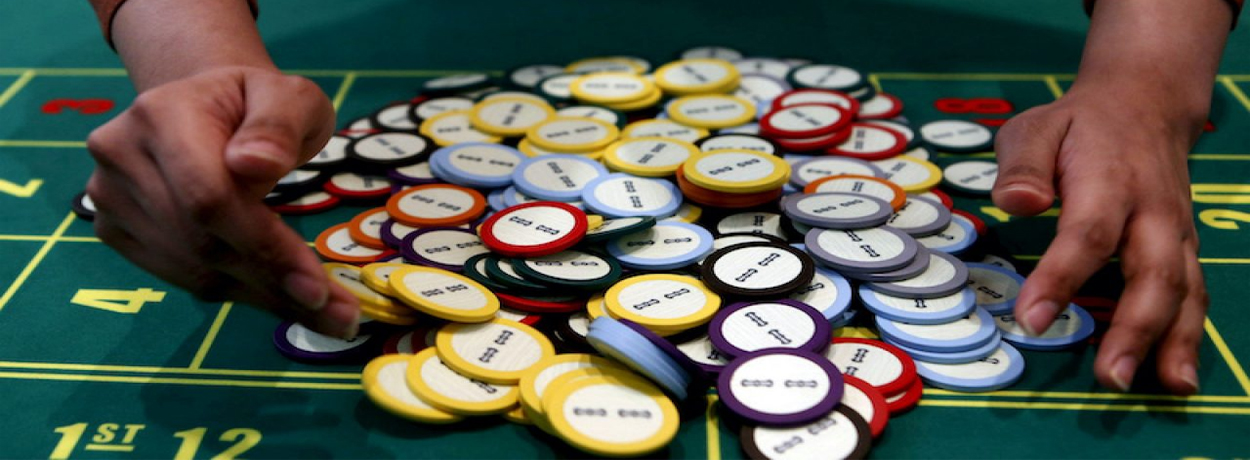
The Philippines will stop operations of 175 offshore gambling firms and deport about 40,000 Chinese workers, a justice ministry official said on Monday, part of a crackdown on the notoriously opaque online gaming industry.
The sector emerged in the Philippines in 2016 and grew exponentially, as operators capitalized on the country’s liberal gaming laws to target customers in China, where gambling is banned.
At their peak, Philippine offshore gambling operators, or POGOs, employed more than 300,000 Chinese workers, but the pandemic and higher taxes have forced many to operate elsewhere.
“The crackdown was triggered by reports of murder, kidnapping and other crimes committed by Chinese nationals against fellow Chinese nationals,” justice ministry spokesperson Jose Dominic Clavano said.
The POGOs targeted for closure had licenses that either expired or were revoked, for violations like non-payment of government fees, Clavano said, adding the deportation of the Chinese workers would start next month.
The government generated 7.2 billion pesos ($122.21 million) in 2020 and 3.9 billion last year in POGO fees alone, according to the finance ministry. Economists estimate larger amounts are being spent on taxes, workers’ spending and office rental.